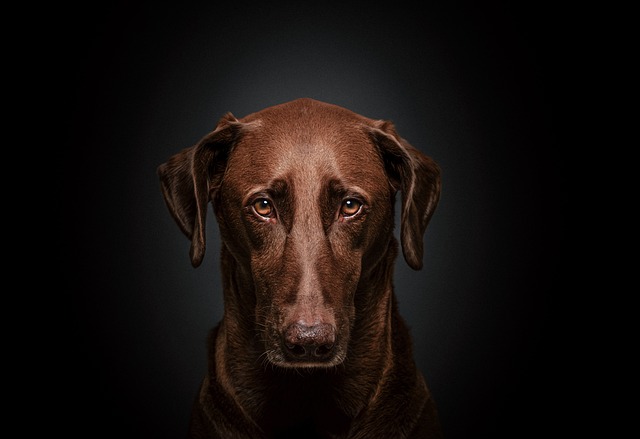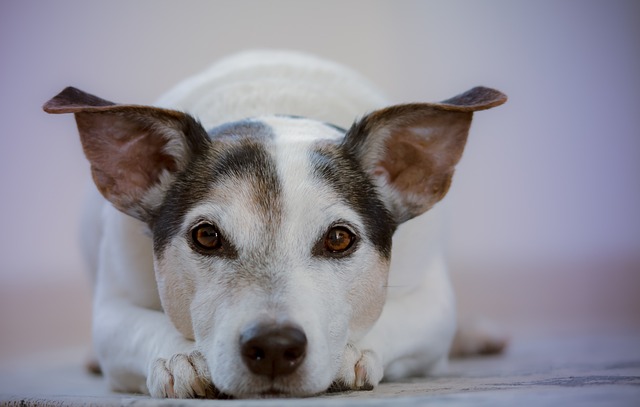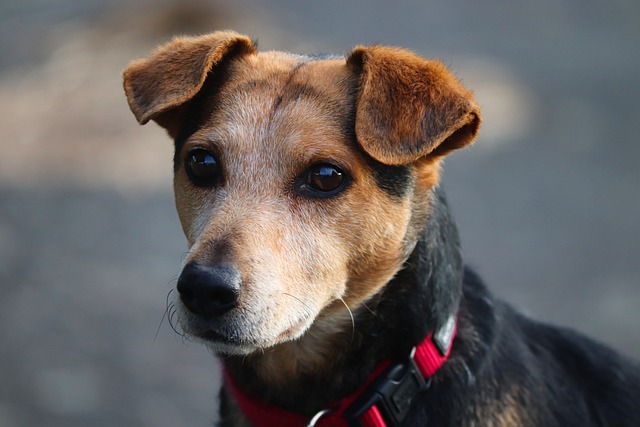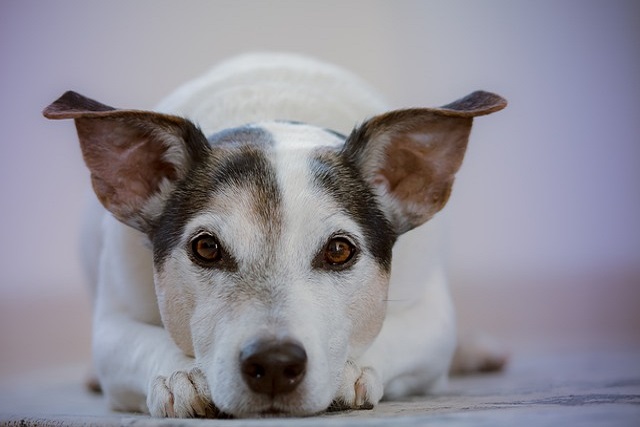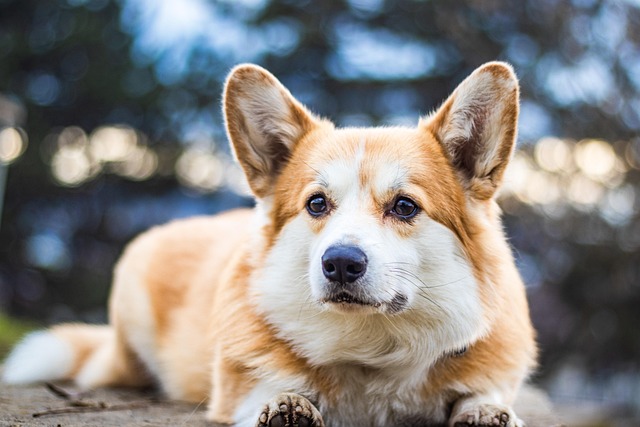You’re jolted awake at 2 a.m. by the persistent whine of your puppy, who’s pawing at the crate door. For new dog owners in the U.S., this nightly routine can feel endless—but with the right approach, you can help your puppy sleep through the night without potty breaks. Let’s dive into how to transform those sleepless nights into restful ones.
Puppies can’t hold their bladder like adult dogs because their urinary muscles are still developing. A general rule: a puppy can "hold it" for roughly one hour per month of age. So a 3-month-old might last three hours, while a 6-month-old could manage six. Factors like breed (smaller breeds often develop faster), diet, and water intake also play a role. Think of it as similar to a toddler’s potty training—their bodies need time to build control.
To break the night-time potty cycle, start with a structured evening routine. Cut off water 2-3 hours before bedtime to reduce urine production, but ensure your puppy has access to water throughout the day. Take them outside for a final potty break right before you go to bed, using a consistent command like "go potty." A crate can be a game-changer here—puppies naturally avoid soiling their sleeping area, so choose a crate just big enough for them to stand and turn around. Line it with a cozy blanket and place it near your bed so you can hear subtle cues.

If your puppy wakes up at night, stay calm. Take them directly outside without turning on bright lights or playing—this signals it’s not time to wake up. When they pee, praise softly and return them to the crate. Never scold them for whining; instead, reward quiet behavior. Over time, they’ll learn nighttime is for sleeping, not pottying. For extra support, try placing a ticking clock near the crate—the rhythmic sound mimics a mother dog’s heartbeat, comforting anxious puppies.
In the American pet - owning context, nighttime potty training ties to broader responsibilities. Ensure your puppy’s vaccinations are up-to-date as required by state law before taking them outside, especially to public areas. In apartments, minimize noise during late-night trips to avoid disturbing neighbors. When community walking, always clean up after your puppy—neglecting this can lead to fines of up to $250 in some cities. And remember, physical punishment is off-limits. If accidents happen, use enzymatic cleaners to remove odors and focus on reinforcing positive behavior with treats and praise.
With consistency, most puppies can sleep through the night (6-8 hours) by 6-8 months old. Stay patient—each missed night-time potty is a step toward a full night’s sleep for both of you.
